Apr 30 2019
Skeptic vs Denier
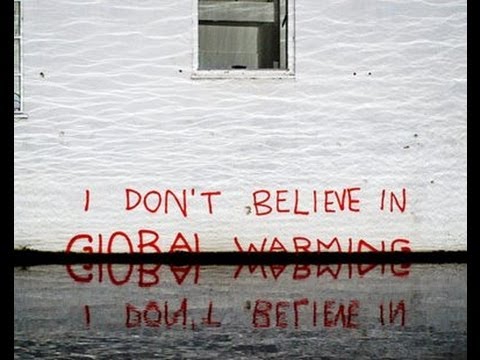 The skeptic vs denier debate won’t go away. I fear the issue is far too nuanced for a broad popular consensus. But that should not prevent a consensus among science communicators, who should have a technical understanding of terminology.
The skeptic vs denier debate won’t go away. I fear the issue is far too nuanced for a broad popular consensus. But that should not prevent a consensus among science communicators, who should have a technical understanding of terminology.
A recent editorial in Forbes illustrates the problem. The author, Brian Brettschneider, makes a recommendation for when to use which term, which sounds superficially reasonable but I think he misses the essence of the issue. His solution is this – if you have an advanced degree in climate science and you have doubts about the mainstream view, then you are given the benefit of the doubt and should be referred to as a skeptic. If you do not have a formal degree in climate science, then you have no business going against the consensus of mainstream scientific opinion and you should not be given the benefit of the doubt, and are hence a denier.
This is not a bad rule of thumb as an initial assumption, but does not work as a technical distinction.
First let me say that I agree with the underlying premise. It is not a logical fallacy (argument from authority) to defer to a strong consensus of legitimate expert opinion if you yourself lack appropriate expertise. Deference should be the default position, and your best bet is to understand what that consensus is, how strong is it, and what evidence supports it. Further, if there appears to be any controversy then – who is it, exactly, who does not accept the mainstream consensus, what is their expertise, what are their criticisms, and what is the mainstream response? More importantly – how big is the minority opinion within the expert community.
This is where a bit of judgment comes in, and there is simply no way of avoiding it. There is no simple algorithm to tell you what to believe, but there are some useful rules. Obviously, the stronger the consensus, the more it is reasonable to defer to it. There is always going to be a 1-2% minority opinion on almost any scientific conclusion, that is not sufficient reason to doubt the consensus. But you also need to find out what, exactly the consensus is, and what is just a working hypothesis. Any complex theory will have multiple parts, and it’s not all a package deal.
For example, let’s take evolutionary theory. There is almost unanimous consensus (>98%) among experts that evolution happened, that all living things on Earth are related through a nestled hierarchy of common descent. Further, the evidence for that conclusion is overwhelming and cannot be reasonably denied. Further still, there is no alternative scientific hypothesis that can account for that mountain of evidence (note the word “scientific” in that sentence). But the same is not true of all aspects of evolutionary theory. That natural selection is a main driving force of evolutionary change is also well established, but there is still legitimate debate about the role and magnitude of other factors, such as genetic drift. When we drill down to details about which species evolved into which other species and when, drawing a precise tree of evolutionary relationships, then there is considerable debate and much that is unknown.

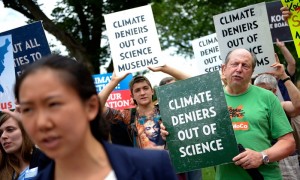
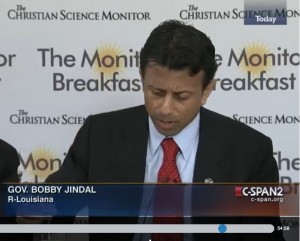
 Evolution deniers (I know there is a spectrum, but generally speaking) are terrible scientists and logicians. The obvious reason is because they are committing the primary mortal sin of pseudoscience – working backwards from a desired conclusion rather than following evidence and logic wherever it leads. They therefore clasp onto arguments that are fatally flawed because they feel they can use them to support their position. One could literally write a book using bad creationist arguments to demonstrate every type of poor reasoning and pseudoscience (
Evolution deniers (I know there is a spectrum, but generally speaking) are terrible scientists and logicians. The obvious reason is because they are committing the primary mortal sin of pseudoscience – working backwards from a desired conclusion rather than following evidence and logic wherever it leads. They therefore clasp onto arguments that are fatally flawed because they feel they can use them to support their position. One could literally write a book using bad creationist arguments to demonstrate every type of poor reasoning and pseudoscience (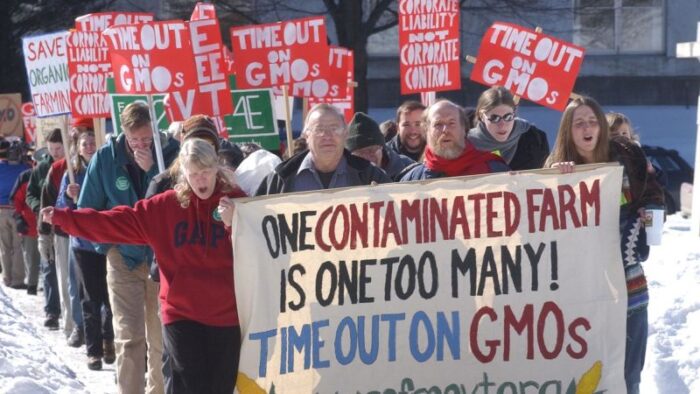 Have you ever been in a discussion where the person with whom you disagree dismisses your position because you got some tiny detail wrong or didn’t know the tiny detail? This is a common debating technique. For example, opponents of gun safety regulations will often use the relative ignorance of proponents regarding gun culture and technical details about guns to argue that they therefore don’t know what they are talking about and their position is invalid. But, at the same time, GMO opponents will often base their arguments on a misunderstanding of the science of genetics and genetic engineering.
Have you ever been in a discussion where the person with whom you disagree dismisses your position because you got some tiny detail wrong or didn’t know the tiny detail? This is a common debating technique. For example, opponents of gun safety regulations will often use the relative ignorance of proponents regarding gun culture and technical details about guns to argue that they therefore don’t know what they are talking about and their position is invalid. But, at the same time, GMO opponents will often base their arguments on a misunderstanding of the science of genetics and genetic engineering. Homer: Not a bear in sight. The Bear Patrol must be working like a charm.
Homer: Not a bear in sight. The Bear Patrol must be working like a charm.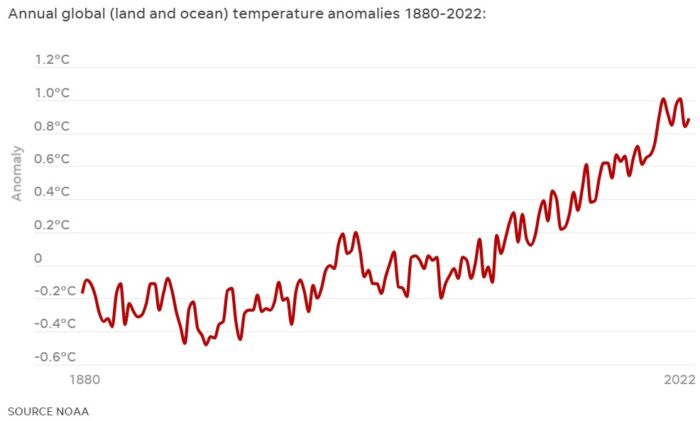 What everyone knew was coming is now official – 2023 was the warmest year on record. This means we can also say that the last 10 years are the
What everyone knew was coming is now official – 2023 was the warmest year on record. This means we can also say that the last 10 years are the  This is a bit of a false choice – we can do both, or neither – but it is an important question and a somewhat of a dilemma. Is the optimal path to reductions and eventual elimination of fossil fuel burning through reduced demand or supply? There are some interesting tradeoffs either way, and no perfect answer.
This is a bit of a false choice – we can do both, or neither – but it is an important question and a somewhat of a dilemma. Is the optimal path to reductions and eventual elimination of fossil fuel burning through reduced demand or supply? There are some interesting tradeoffs either way, and no perfect answer. There are a few interesting stories lurking
There are a few interesting stories lurking 




